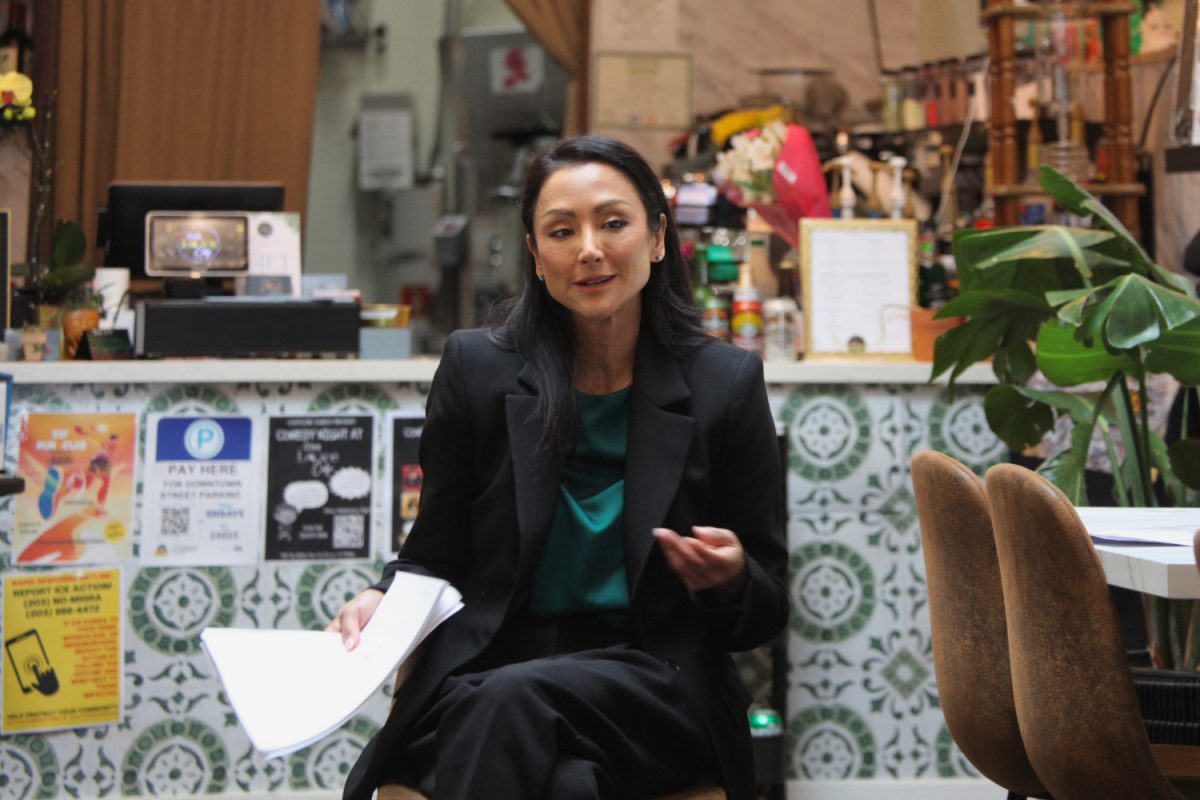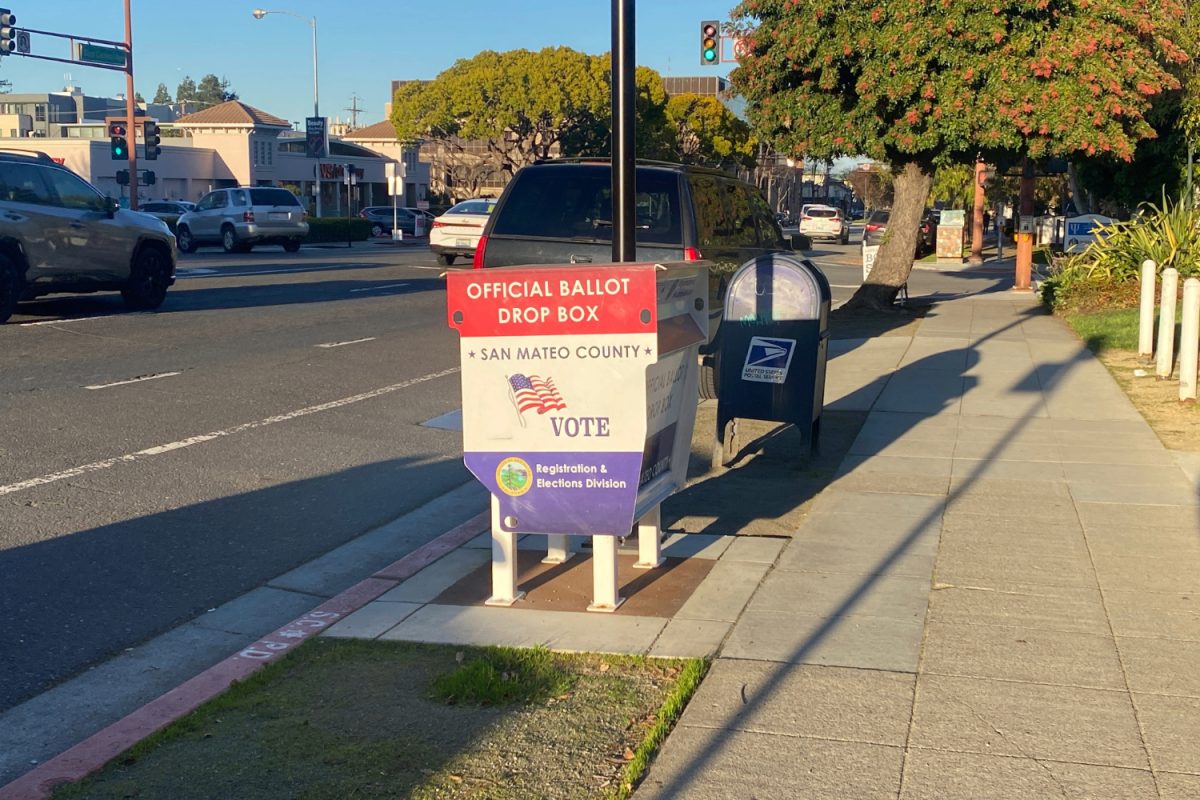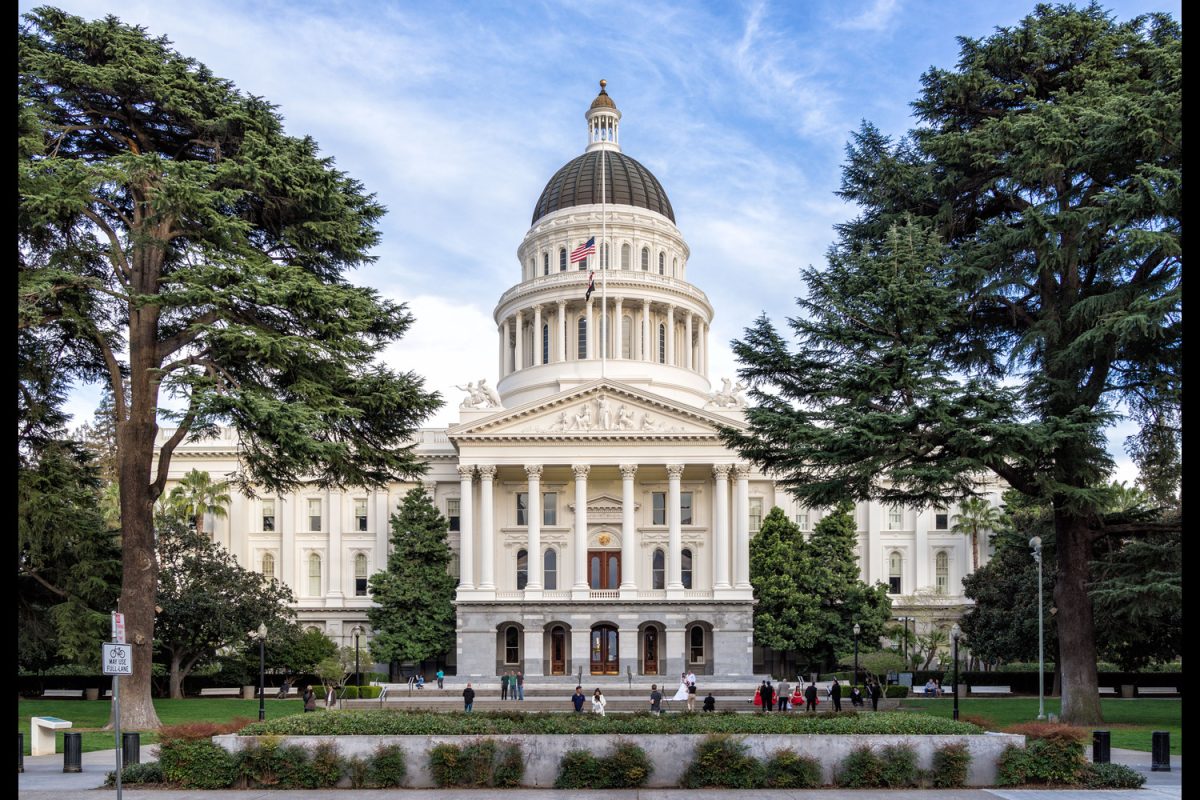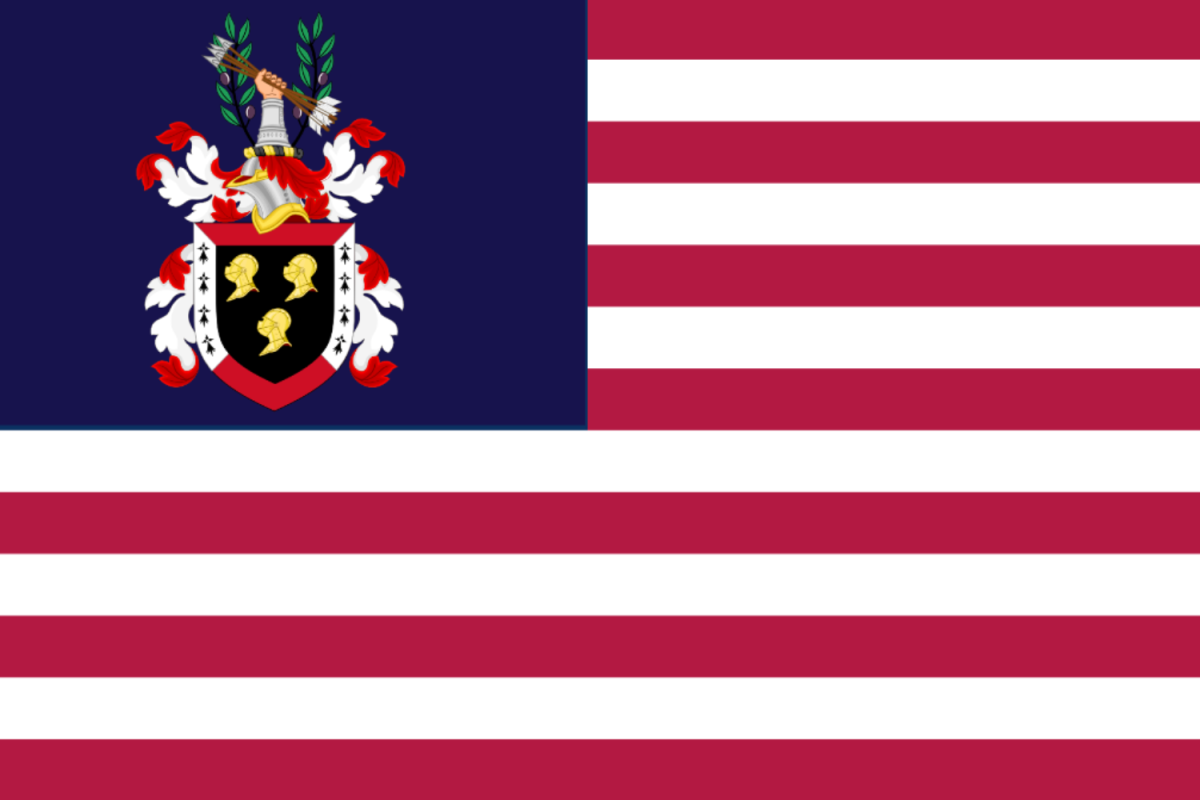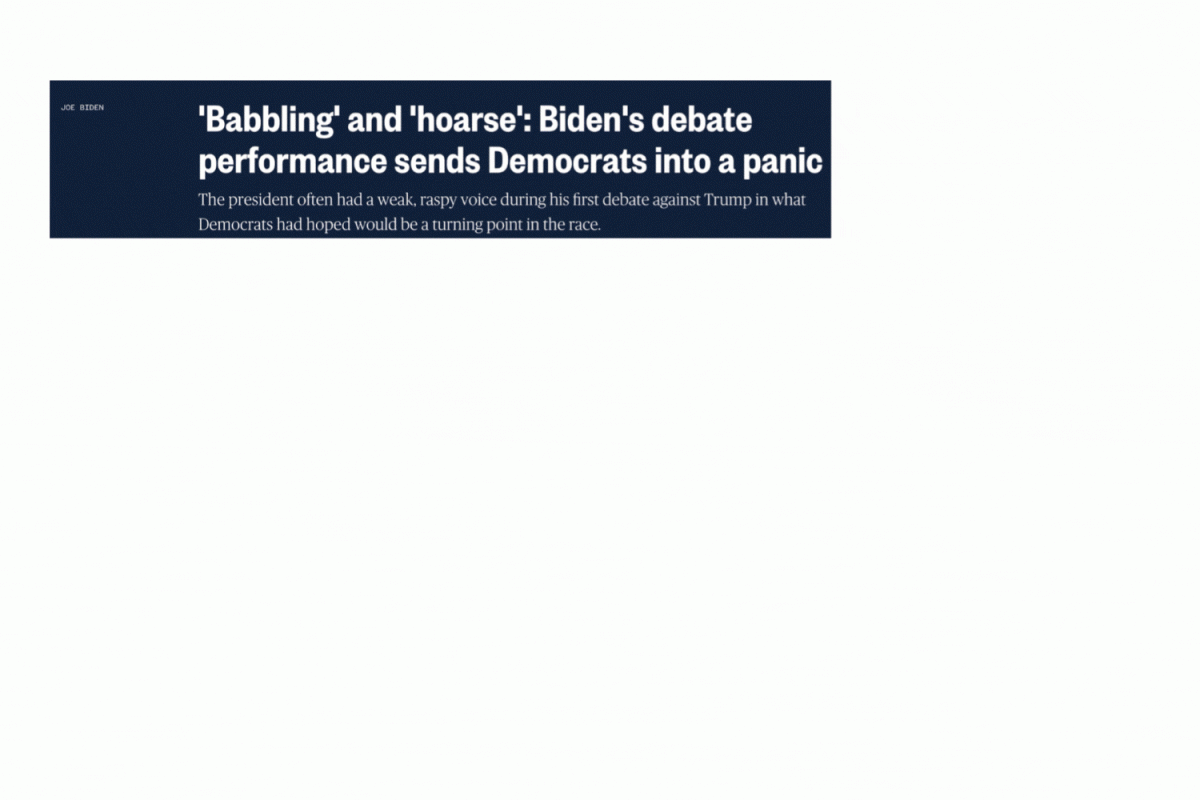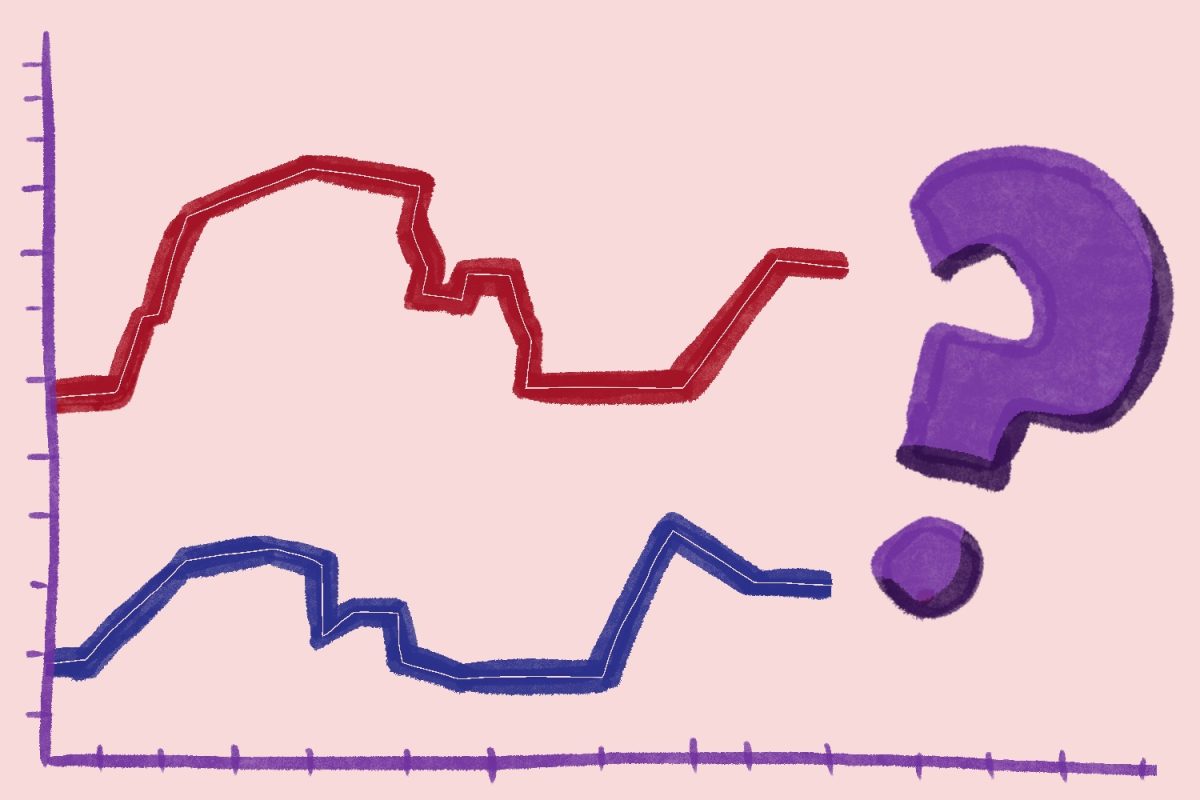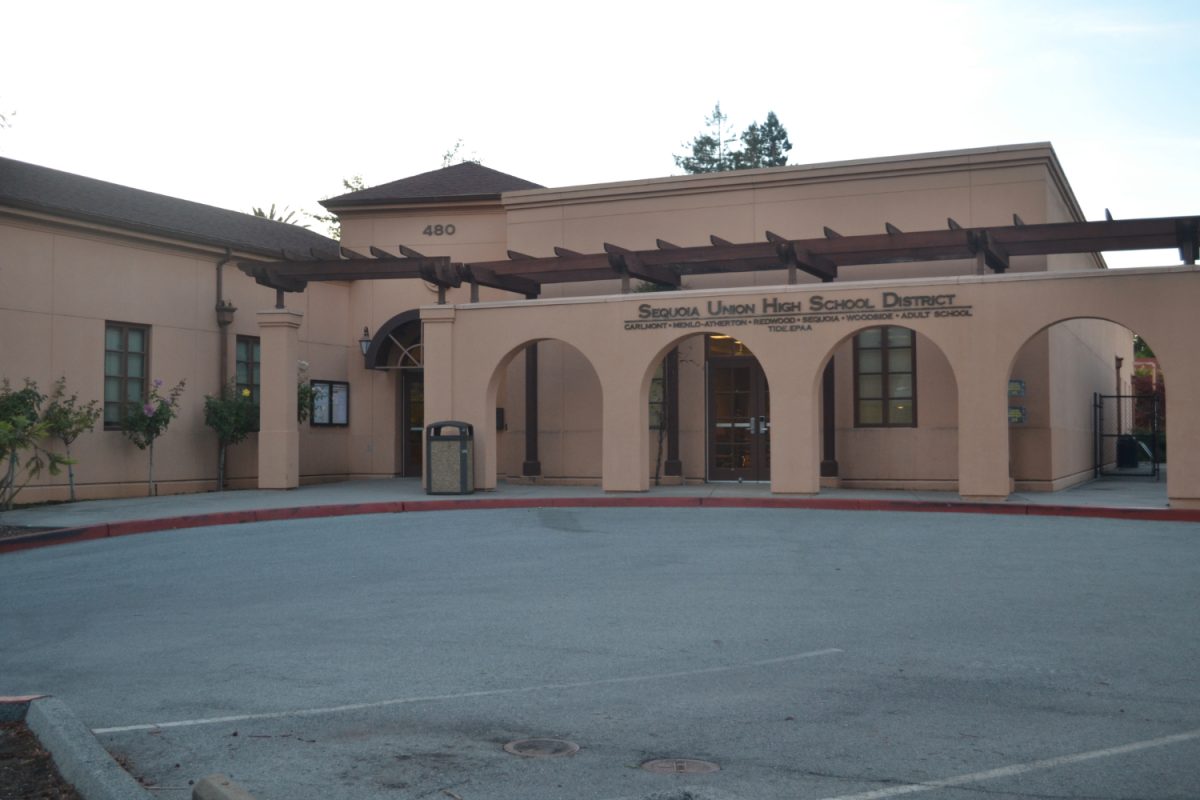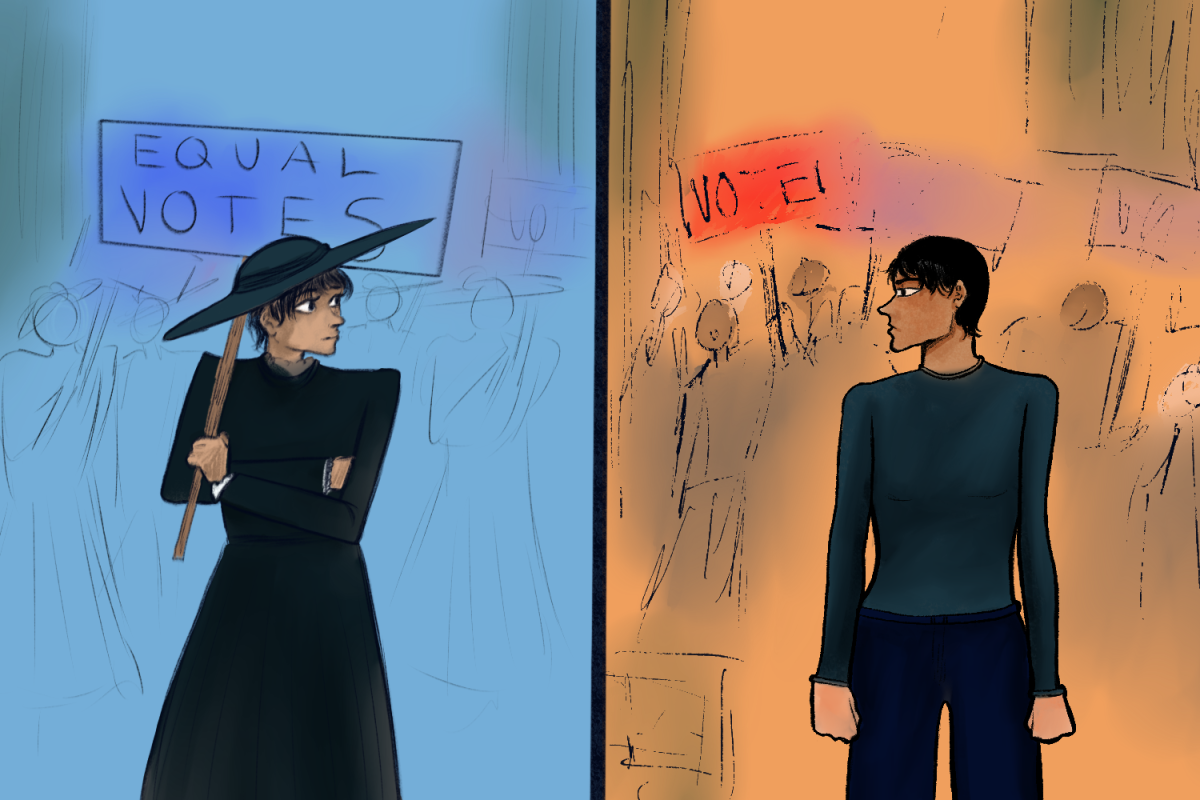On Jan. 21, President Donald Trump signed an executive order aiming to reverse diversity, equity, and inclusion (DEI) policies, including DEI policies in the workplace.
According to the executive order, the Biden administration “forced illegal and immoral discrimination programs.”
Trump has criticized DEI more broadly, such as DEI in the education system. Recently, he pointed to diversity and inclusion policies from the Biden administration as an explanation for the collision over the Potomac River, in addition to rolling back those policies.
Incorporating diversity within the American workforce has existed for decades, with the Civil Rights Movement often seen as the beginning of efforts for greater diversity.
One purpose of DEI practices is to increase diversity and opportunity within the workforce. Supporters of DEI see the benefits of added diversity in jobs, and many companies have adopted DEI programs in recent years.
Suzanne Robinson is part of the professional team at Bay Area Council, an organization working with Bay Area employers to improve the region’s economic health through public policy and advocacy. According to Robinson, DEI helps provide employment opportunities to people entering the job market who may be less connected.
“There’s a lot of untapped talent in underserved communities. This is a huge economic opportunity, and we can connect these underserved communities with jobs and education. A big approach we believe in is that getting people into these jobs is really good for the economy,” Robinson said.
According to Robinson, employees benefit from a wider range of perspectives.
“For example, if you’re putting out different products and you don’t have a diverse group in the room, you might make a mistake on a product that would be bad for customers. You didn’t have that diversity, so it was harder for you to catch it,” Robinson said.
“The inherent racism that a lot of society subconsciously possesses still influences people’s decisions. DEI at least tries to lessen that impact by giving historically oppressed individuals more of a chance to fight back against the systemic prejudice,” said sophomore Dakota Chang.
On the other hand, opponents of DEI believe that DEI policies run the danger of employing underqualified people.
“I think DEI policies, if abused, can lead to some jobs and roles to be performed by people who are not the most qualified. Some jobs and roles in society should be merit-based only. For example, when we go see a doctor, we simply want to see a doctor with the best skills and experience,” said Alex Bieschel*, a senior director at a large software company who has not seen any significant changes due to the changing policies.
Another criticism of DEI is that DEI programs are often not effective enough.
“Sometimes you’ll see a company and they have a lot of diversity until around the mid-level manager. Then, the diversity starts to disappear,” Robinson said. “They’re not reaching deep enough. What’s going on that makes the diversity disappear?”
Following the order, companies have reacted differently. According to AP News, Walmart, Target, and Meta are some of several companies that moved to remove or reduce their DEI programs following the executive order. Other companies, such as Costco and Apple, are continuing their commitment to DEI programs.
The actions of companies have not gone unnoticed by consumers. This week, a 40-day boycott of Target began.
Reactions to the removal of DEI programs reflect the mixed feelings towards DEI.
“The workplace should be an inclusive place where you can interact with people of all backgrounds and races. But, in order to achieve this inclusiveness, we can explore options other than the current DEI policies,” Bieschel said.
For some, the prospect of entering a job market with disappearing DEI programs is worrying.
“As a Taiwanese American, I am worried about whether I’ll be able to secure a stable job in the future. Even though I can get it through merit, it’ll be harder if there’s any prejudice against me, which I worry about given the increased prejudice against Asians in recent years,” Chang said.
According to ethnic studies teacher Rosa Horovitz, disappearing DEI programs are also potentially discouraging, especially after blame was shifted towards so-called diversity hires following the Potomac River plane crash.
“Unfortunately, it’s something we’re going to see more of in the years to come. In terms of people getting hired, this will discourage at least some people from pursuing careers they might otherwise,” Horovitz said.
Despite the changes, Robinson believes that many companies will continue to incorporate diversity into their programs.
“Regardless of the politics, most of our companies know and recognize that diversity is important,” Robinson said. “We have a lot of business leaders who are very passionate about it, and they’ve made so much progress. They don’t want to stop pursuing equal opportunity and inclusion.”
*This source’s name has been changed to protect their privacy in accordance with Carlmont Media’s Scot Scoop Anonymous Sourcing Policy.












